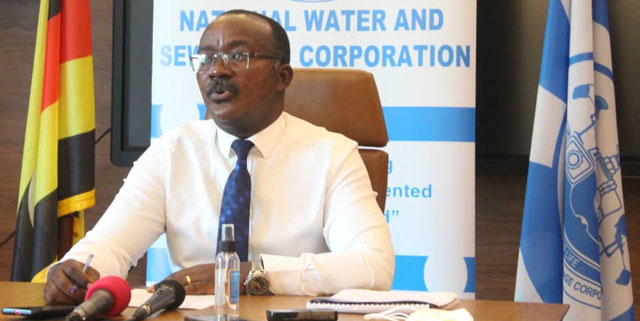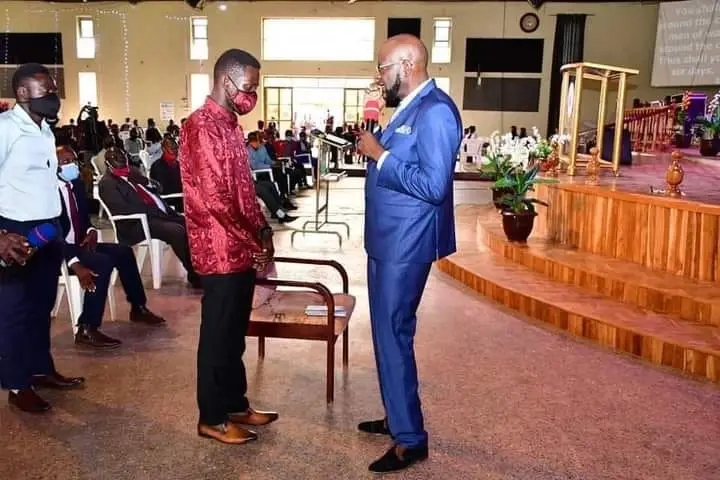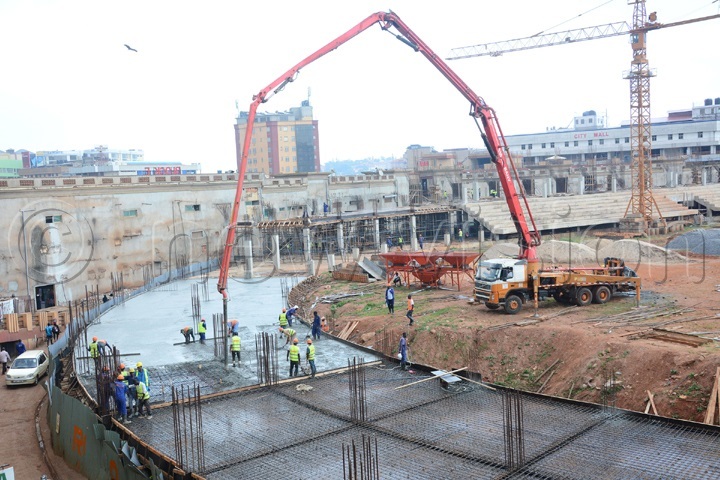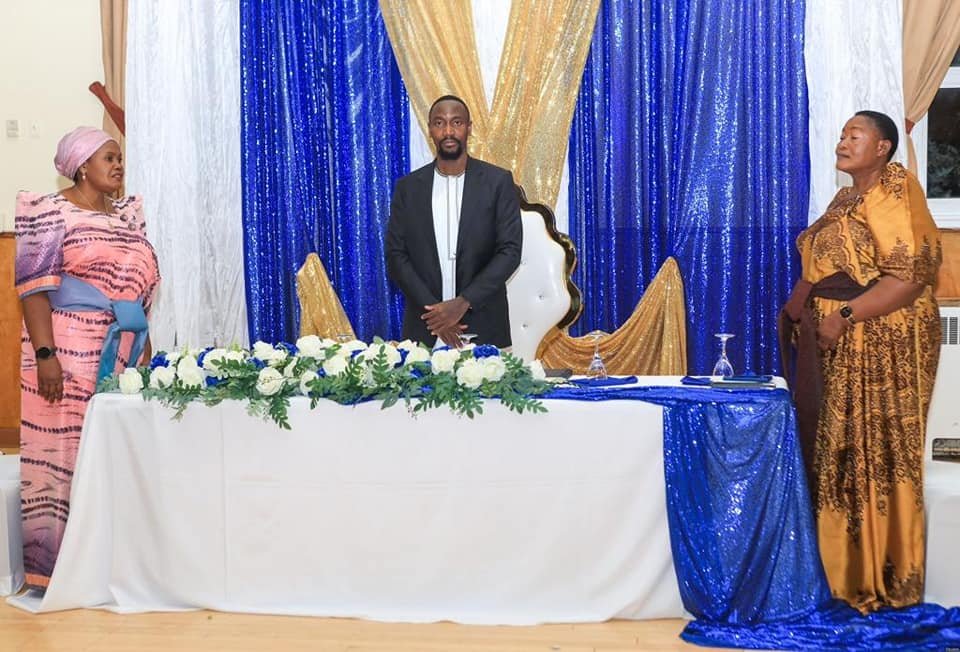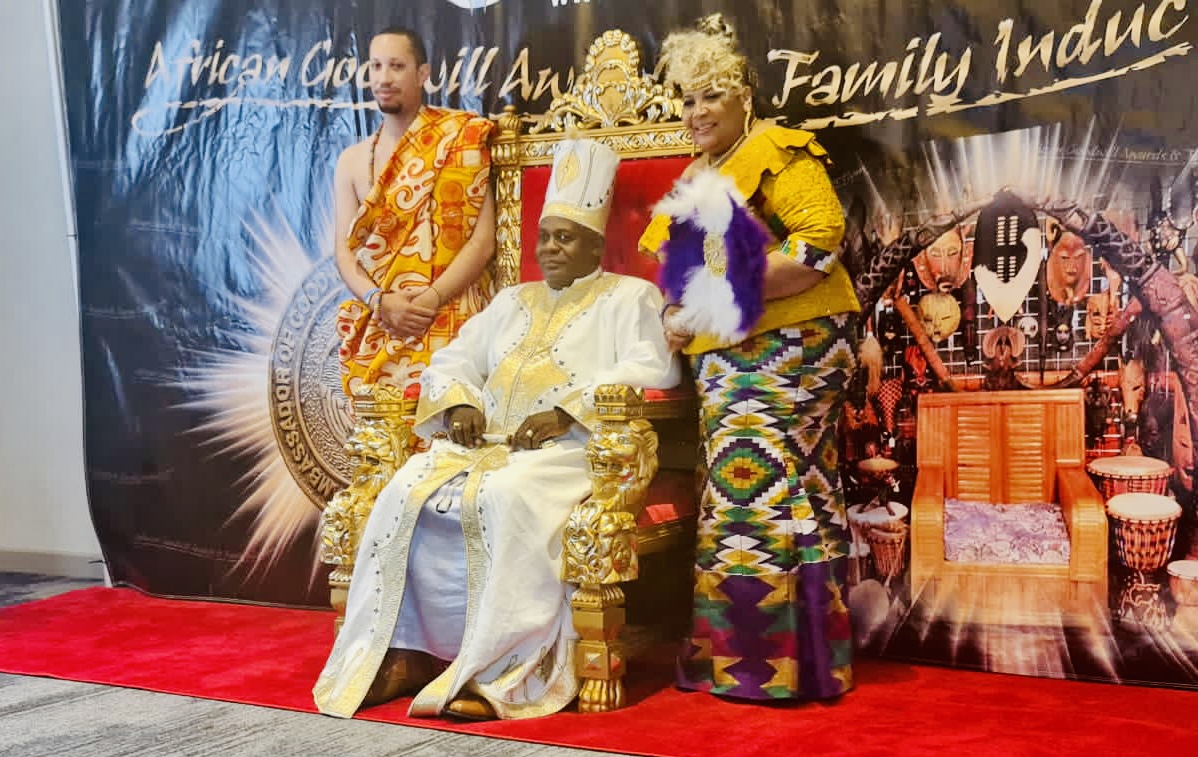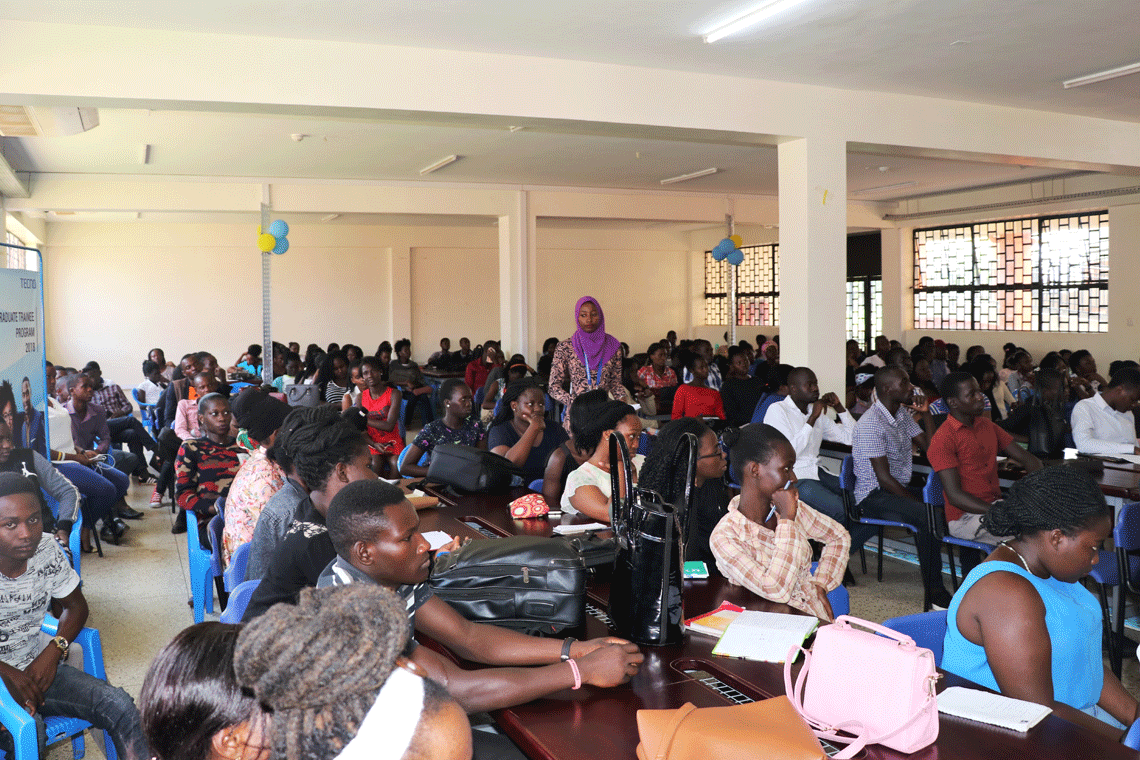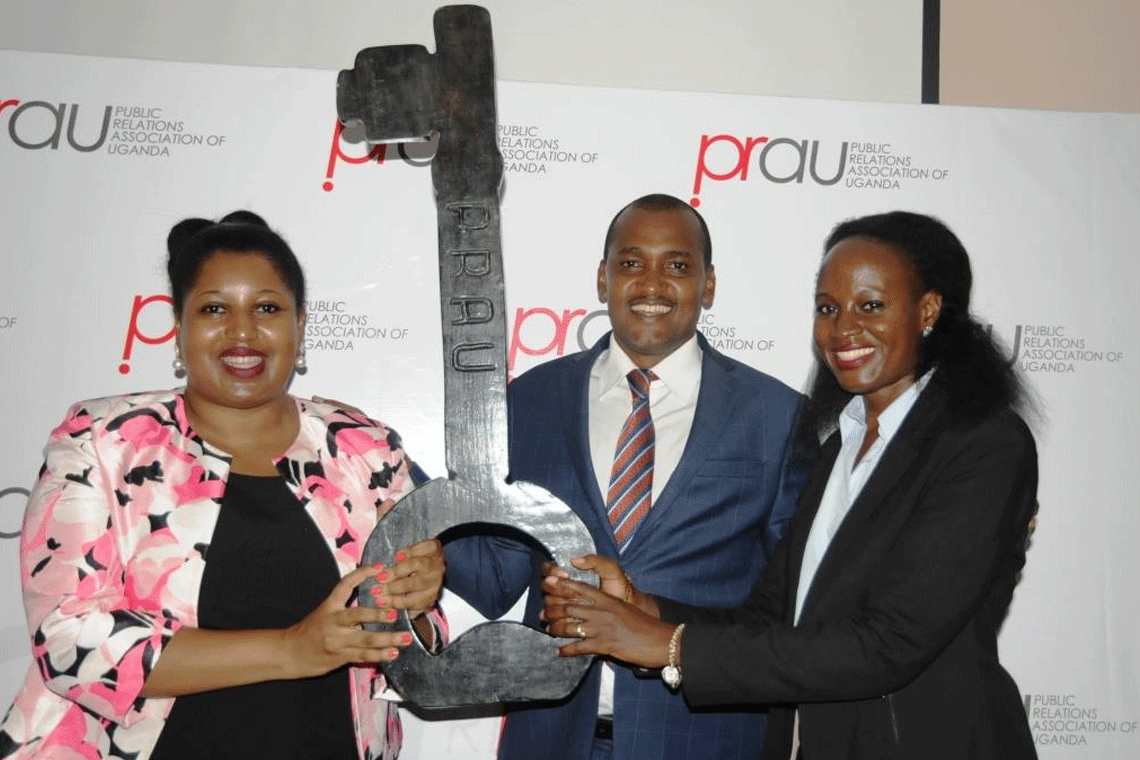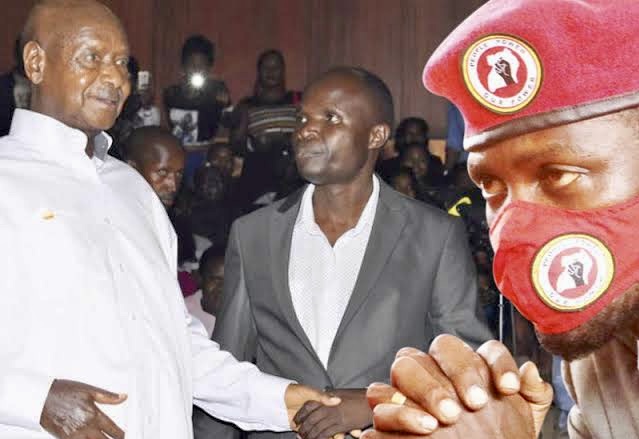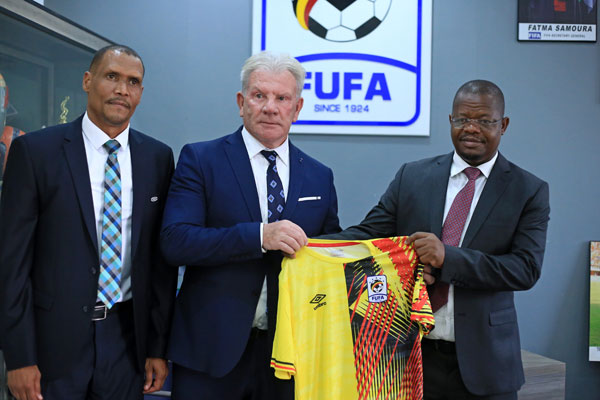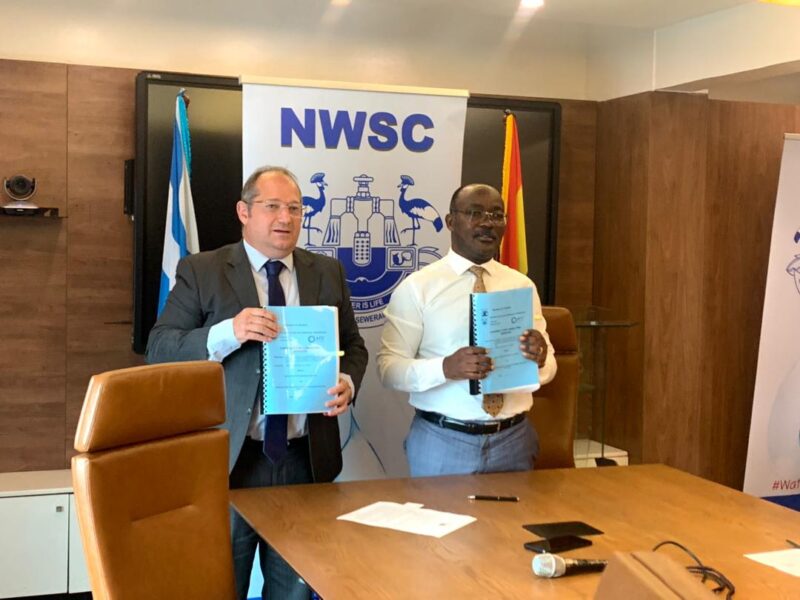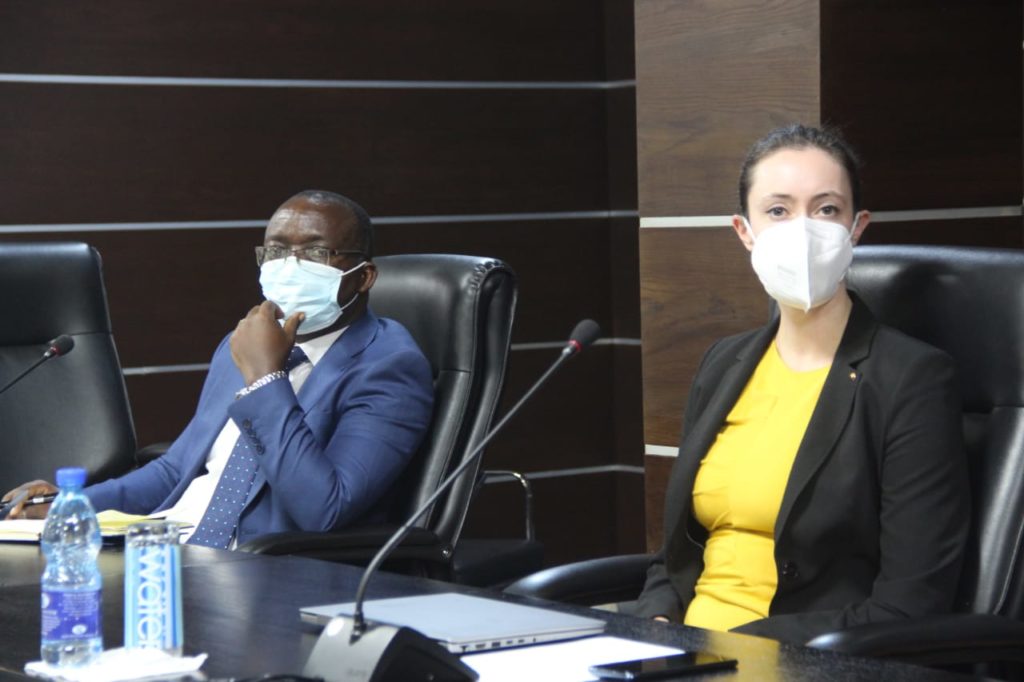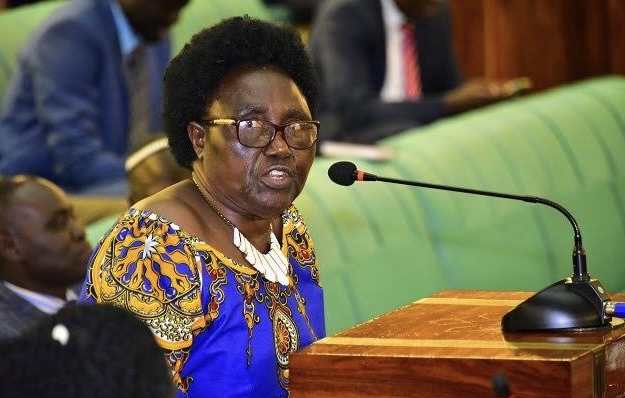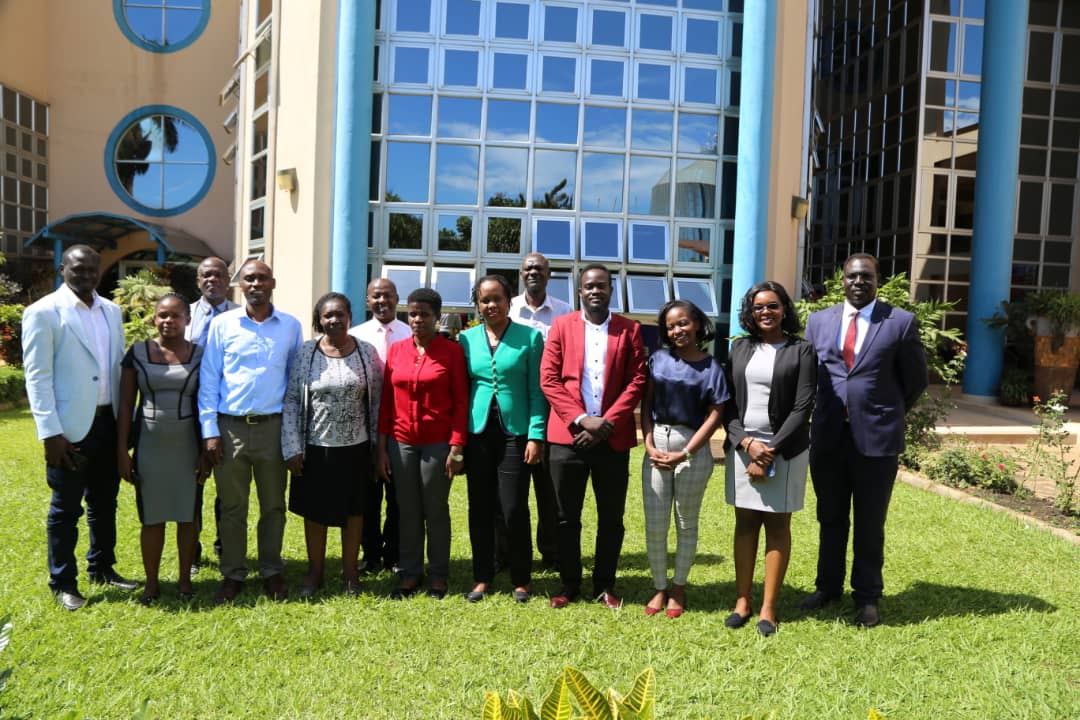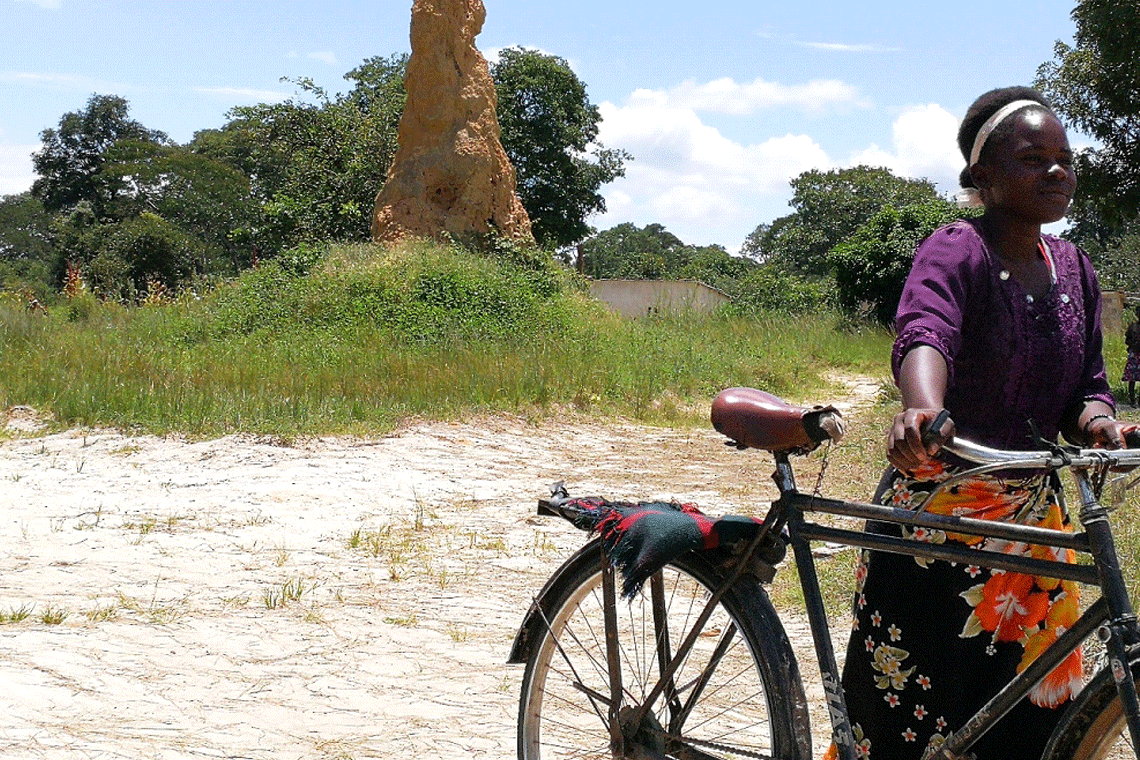Former Mozambican president, the late Samora Machel, once said that when you want to build a nation, then you have to kill the tribe.
The Mozambican leader was of the view that one of the biggest hindrances to nation building was the proclivity for the citizens and their leaders to cling to their tribal cocoons. This was a recipe for disaster for societies that had a diversity of ethnic groups.
The first line of action in killing a tribe was to pronounce one national language. The second line of action was to make it possible for all countrymen, from all regions of the country, to get the opportunity to hold senior positions for the administration to enjoy national character.
In Uganda , President Museveni casually addresses the country in vernacular (mostly Luganda and Lunyankore), leaving the rest of the countrymen in wonderland.
This unpatriotic tendency percolates downwards to state institutions where you get officials conducting state duties using their local language.
This has bred ethnicity-based discontent in the country!
What is trending now?
In the most recent weeks, there have been various cases of tribal sentiments expressed by different media and social personalities; they have ended up being arrested by the Ugandan security agencies.
One of the interesting scenarios involved a comedy skit in which a group called Bizonto were arrested for sketching the hierarchy of senior personalities dominating positions of the Ugandan government. The irony or controversy of it all was that the skit concentrated on exposing the continued dominance of Ugandans from Western Uganda, who hold very senior positions.
Although the skit was done in vernacular (Luganda), it raised a lot of dust on social media and all over the country. While some legal minds classified the felony as a case of protected speech, others claim that it had tribal connotations that could result into incitement of the population.
Then the police section of the media crimes was on hand to interrogate why these comedians were talking about high profile people from one part of the country dominating higher positions of government.
The tongues have since been waging about Banyankole dominating juicy posts of government at the expense of the rest of the citizens.
There is a general feeling that this sentiment might degenerate into something uncontrollable. Tribalism, just like racism, is a very tricky subject.
Where you have the black race being persecuted and segregated against in Europe and America, you are talking about just one race (the blacks) crying foul.
But for the case of Uganda, you are talking about 56 ethnic groups having issues with the one that is in control of state power.
The Ugandan precedence
In Uganda we have a historical precedence which was first introduced by the colonialists and accentuated by the post-colonial African leaders that resulted into the tribal cancer that is rocking the country today.
During the advent of the colonialists, the Britons – accidentally and without knowing the consequence of their actions, created divisions amongst Ugandans during their recruitment process into the civil service and other departments of government.
The Britons recruited people from Northern Uganda into the army leading to the unintended consequence of having them (Northerners) in the unenviable position of controlling the country’s coercive arms of the state.
That meant that while Ugandans from other parts of the country were in the civil service, our brothers from the North were in direct control of enforcing the law of the land.
By the time Prime Minister Apollo Milton Obote received the reins of power from the Britons in 1962, it was so easy for him to snatch power from the unsuspecting President Frederick Muteesa using the army.
Obote then went on to make the army a preserve of Ugandans from the North to the extent that the rest of the Ugandans couldn’t breathe!
When Gen Idi Amin took over power from Obote in 1971, he simply shifted the dominance of the security apparatus and the army in general from Northern Uganda to his tribesmen from Arua and West Nile.
During Gen Amin’s time, Ugandans came to believe that most intelligent and resourceful people were from west Nile and Arua as they dominated all the powerful positions in government.
However, when Amin fell, his ethnic group fled the country to Congo and Sudan and left no trace of a single person in a top position for very many years.
What had happened to their resourcefulness and intelligence?
There are stories that some of president Amin’s military generals (one of them called Gen Gowon) started mending bicycles in Arua!
In 1979 the Obote clique of Langis and Acholis in their kiksoi malum miltia faction of the UNLA sprung back to power with the help of the Tanzanians.
President Museveni himself who had a militia faction called FRONASA that was involved in the fight against Amin rose to become Minister of Defence in the post Amin administrations, but was also squeezed out of power.
Museveni himself couldn’t breathe and was forced to launch a bush war that culminated in victory in 1986. From 1980 to 1986, Ugandans were practically suffocated by our brothers from Northern Uganda.
Obote had suppressed and even criminalized any Ugandan with Rwandan descent. And the unintended consequence was that all the able-bodied Banyarwanda Ugandans joined Museveni’s NRA rebel group.
And the net effect has been the fact that they (Ugandans from Western Uganda) have been in control of power for the last 34 years.
The logic of it all
While it’s not logical to complain about one ethnic group dominating the military high command that is dominated by people who were involved in the bush war, there are other cases of appointments which have not been well received by a wide section of Ugandans.
While its justified to have Gen Ely Tumwine bossing whichever high position there is, it’s difficult to justify the appointment of people like Byabakama as chairman of the Electoral Commission, Kagina in charge of UNRA, Byabashiaja in charge of prisons, and others of the same ilk.
When you have such people (who have no historical role in the bush war) in powerful positions, the citizens will feel obliged to talk about it.
Then the option of arresting those who talk about it will not be the best.
The best option should be to justify their appointment to such positions by giving an explanation to Ugandans. Maybe they are more qualified than the rest of the Ugandans; who knows!
While there is a law against sectarianism, and has the resultant effect of getting people who talk about it arrested, the same law has failed to deal with practical sectarianism where one ethnic group dominates all positions of power just like it was from the 60s.
The way forward
I think there is a need to amend this law on sectarianism (the current one is very shallow) to create equal opportunity for all Ugandans for top positions in government.
Why should the law on sectarianism work on people who talk about sectarianism, and be silent about those who practice it, (I mean the person who makes those appointments).
The law on sectarianism must be amended in such a way that prevails on President Museveni and other senior officials from making appointments of Ugandans from one part of the country in top government positions without involving them in a competitive process.
If things remain as they are, (where Ugandans who complain or even talk about dominance of people from one part of the country are arrested while those who practice it enjoy the freedom to do so), then you can have the unintended consequence of turning the rest of the country against the Banyankole just like it was with Amin and Obote.
And if the situation remains the way it is, we might as well be talking about genocide of some proportions here.
DISCLAIMER: Any and all views expressed in the article are not those of The Investigator News. They are an expression of the author’s personal opinion. Usage, of any kind, of the information herein is at the user’s own risk. The Investigator News shall not be liable for any consequences arising from such usage.
Author Profile
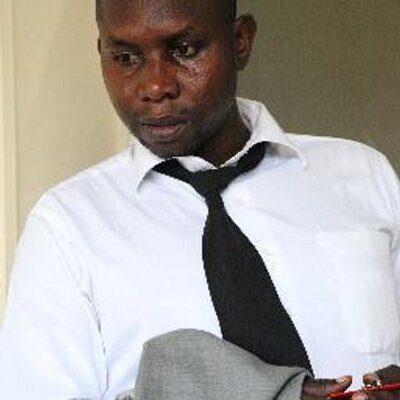
- Fred Daka Kamwada is a seasoned journalist, blogger and political analyst for over a decade in Uganda
Latest entries
 BusinessJanuary 20, 2023Economic Crumps: Pres Museveni Should Institute a Salaries, Wages Commission to Reduce the Awful Public Expenditure
BusinessJanuary 20, 2023Economic Crumps: Pres Museveni Should Institute a Salaries, Wages Commission to Reduce the Awful Public Expenditure BusinessJanuary 9, 2023Tougher Times Ahead as China is Most Likely to Attack Taiwan and Send the 2023 Global Economy into a Terrible Spin
BusinessJanuary 9, 2023Tougher Times Ahead as China is Most Likely to Attack Taiwan and Send the 2023 Global Economy into a Terrible Spin FeaturedJanuary 5, 2023Tell Not the Lies: Juggling into The Two Embarrassing Falsehoods President Yoweri Museveni Told the Nation Last Year
FeaturedJanuary 5, 2023Tell Not the Lies: Juggling into The Two Embarrassing Falsehoods President Yoweri Museveni Told the Nation Last Year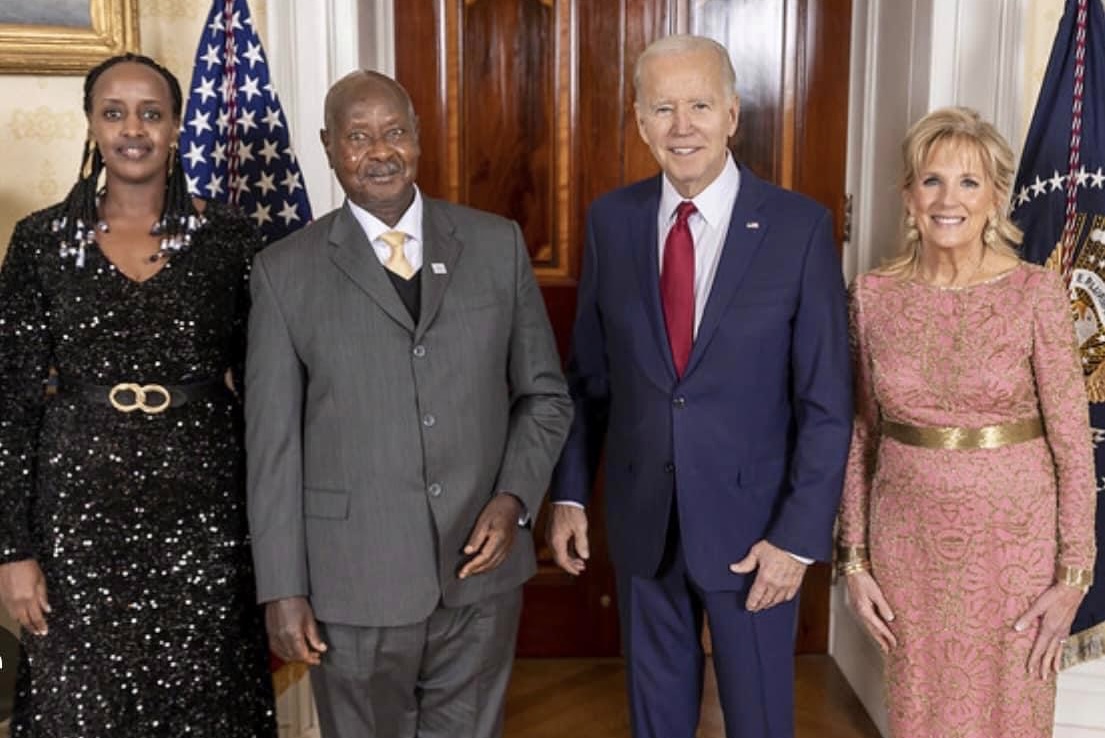 FeaturedDecember 26, 2022US-Africa Summit: Reasons Why President Museveni’s Agitation for ITTS With America Is Shallow, Unrealistic and Untenable
FeaturedDecember 26, 2022US-Africa Summit: Reasons Why President Museveni’s Agitation for ITTS With America Is Shallow, Unrealistic and Untenable



